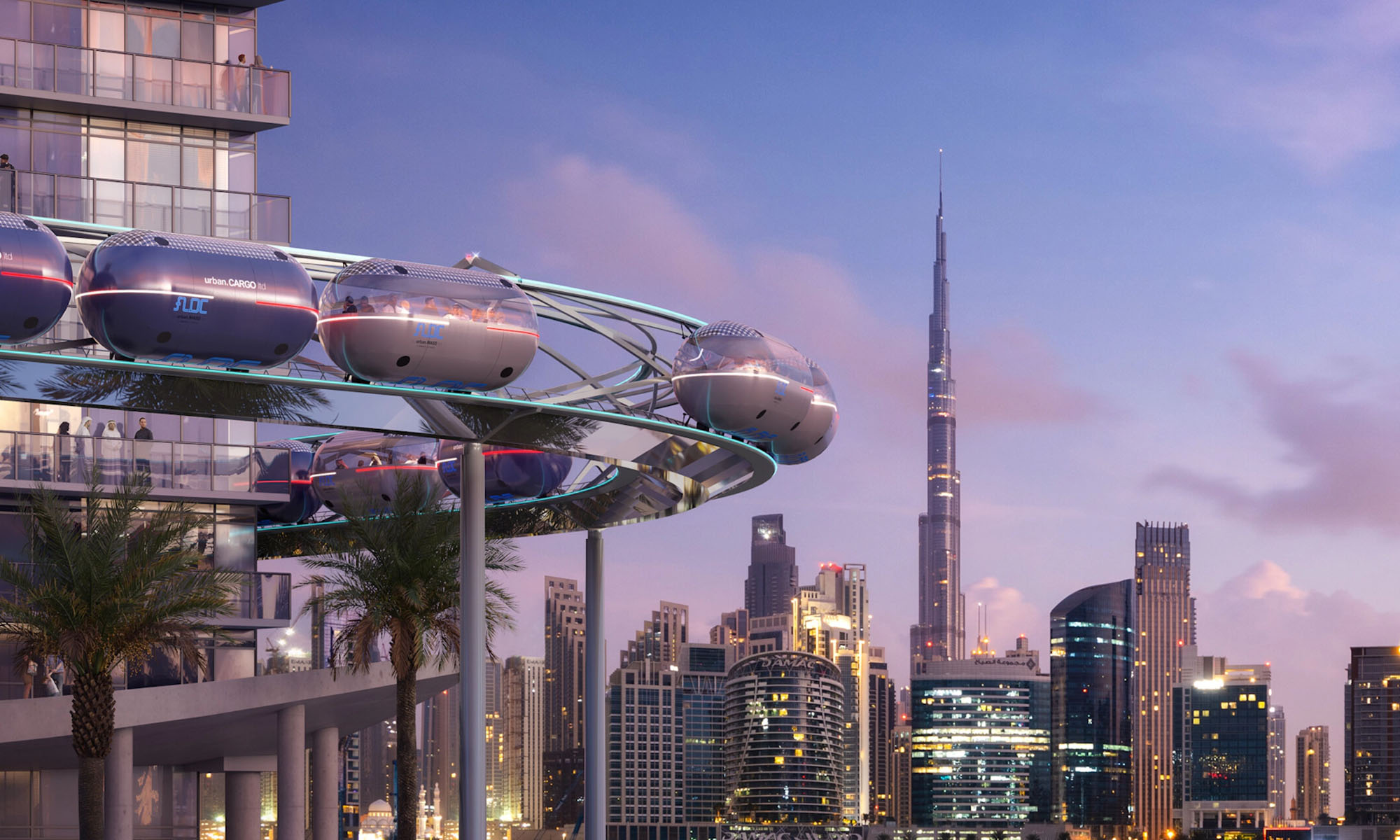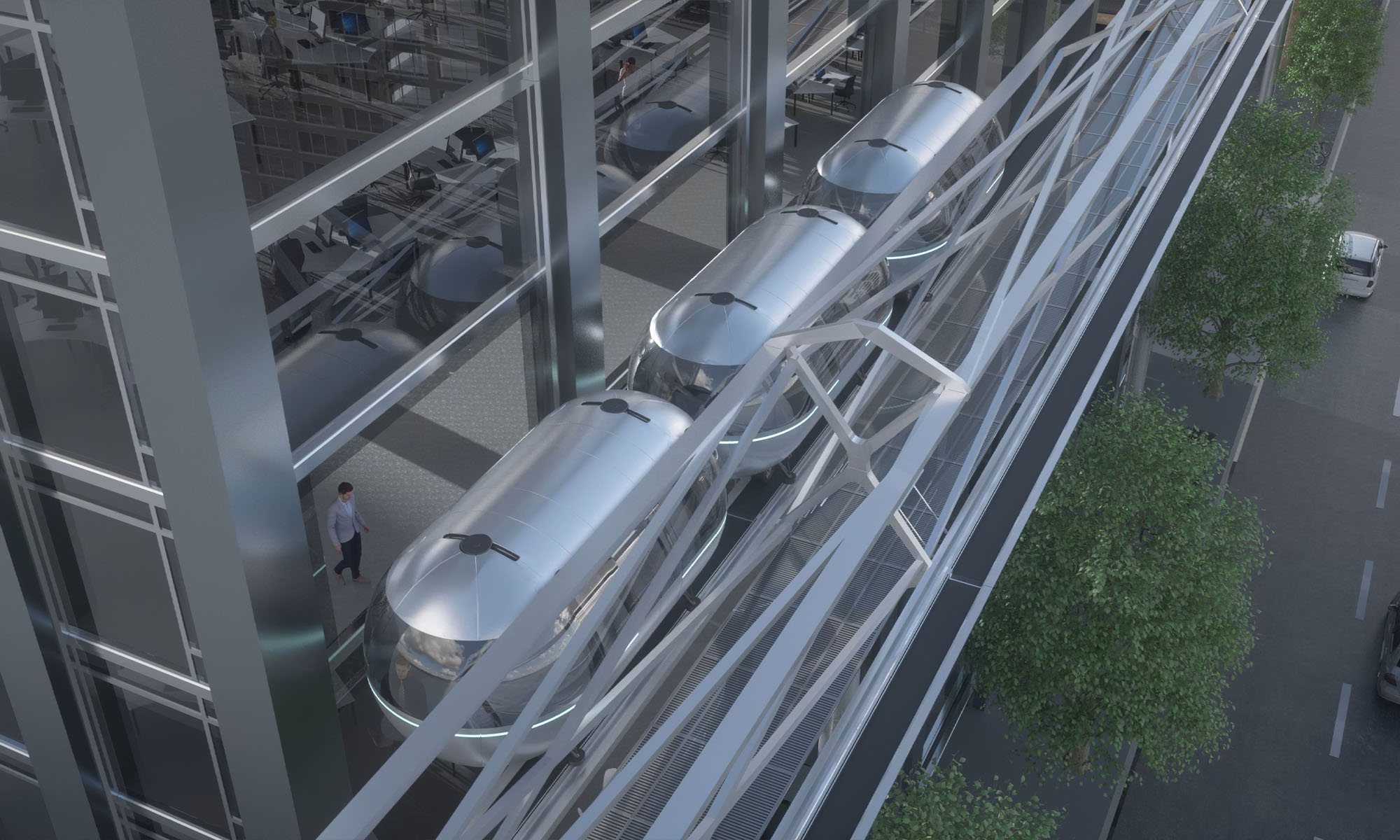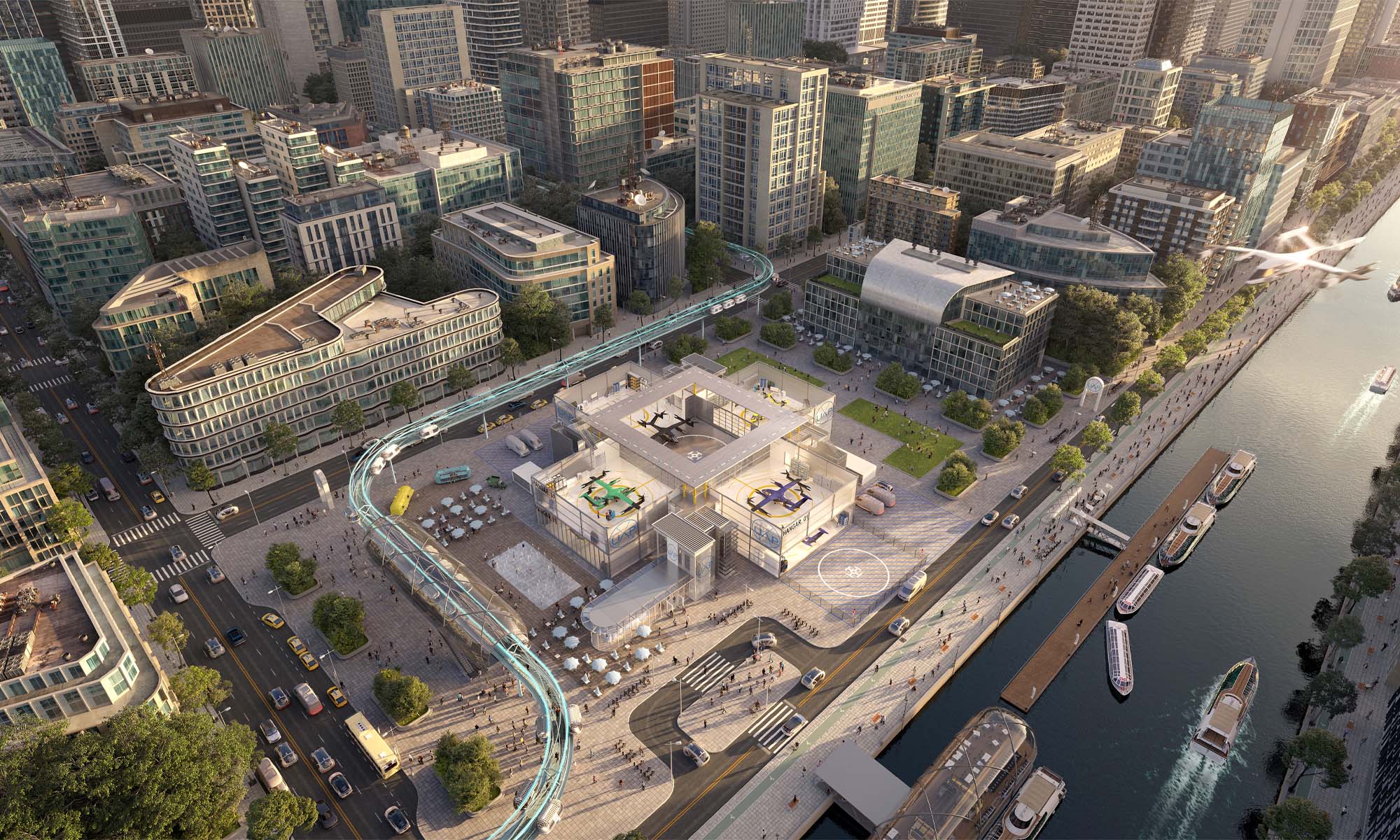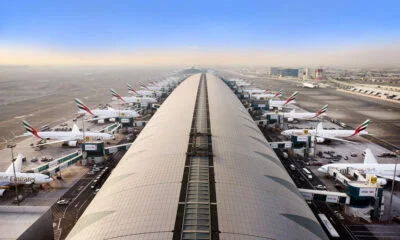News
Dubai Plans To Deploy Driverless Pods And Green Rail Buses
The high-tech transport systems will facilitate eco-friendly, sustainable travel and reduce carbon emissions by as much as 50%.

Dubai is expanding its range of sustainable transportation options with the addition of autonomous pods and a solar-powered rail bus system. The forward-thinking move will complement the city’s already ambitious projects, such as flying cars and robotaxis.
The Roads and Transport Authority (RTA) recently signed two Memorandums of Understanding (MoUs) with UK and US-based private companies to bring innovative transportation solutions to Dubai.

The initial MoU was established with Urban.MASS, a UK-based firm, to explore the feasibility of deploying these new transportation systems. According to Abdul Mohsen Kalbat, CEO of RTA, the solar-powered rail buses will run on double tracks, facilitating swift and efficient movement throughout the city. During the initial pilot phase, authorities hope to reduce carbon emissions by an impressive 50%.

The RTA has also partnered with Rail Bus, a US company, to introduce a sustainable transport system where vehicles travel on a bridge equipped with solar panels. RTA CEO Kalbat explained that the system will feature a contemporary design and be more cost-effective than similar transportation alternatives.
Also Read: Dubai Robot Maker To Triple Workforce And Build New Plant
Dubai’s vision for the future of transportation aligns with the city’s commitment to sustainability and eco-friendliness and strengthens the Emitate’s reputation as a pioneer in modern urban mobility.
News
HiFuture Wraps Up Successful GITEX GLOBAL 2024 Appearance
The electronics company wowed audiences at the world’s largest tech event with a range of wearable and smart audio devices.

This year’s GITEX GLOBAL 2024 in Dubai saw a huge number of startups, electronics firms, and innovators from around the globe gather for the tech sector’s largest event of its kind. One company making waves at this year’s expo was Chinese tech group HiFuture, which showcased a range of products with a focus on wearable technology and smart audio.
At the HiFuture booth, the company captivated attendees with cutting-edge smartwatches like the ACTIVE and AURORA, along with a range of powerful wireless speakers, earbuds, and even smart rings. Visitors were eager to check out the sleek new designs on offer and even had the chance to test out some of the products themselves.

Among the highlights were smartwatches combining dual-core processors with customizable options. The devices blended style and technology, offering health monitoring capabilities, personalized watch faces, and advanced AI-driven functionalities, giving attendees a taste of the future of wearable technology.
On the audio front, HiFuture’s wireless speakers left a lasting impression, offering rich, immersive sound in compact, portable designs. These speakers cater to both intimate gatherings and larger celebrations, offering versatility for users. Meanwhile, the company also showed off its Syntra AI technology, which it claims “revolutionizes health and fitness tracking by combining advanced optical sensors with intelligent algorithms for precise, real-time insights”.
Also Read: How (And Why) To Start A Tech Business In Dubai
The presence of HiFuture’s leadership team at GITEX 2024 underscored the importance of this event for the company, with CEO Levin Liu leading a team of executives, all keen to engage with attendees and offer insights into HiFuture’s vision, product development process, and future direction.
Overall, it seems that GITEX GLOBAL 2024 has been a rewarding experience for HiFuture. The enthusiasm and curiosity of attendees shown to the company’s diverse range of products was obvious, with the HiFuture team leaving on a high note and clearly excited and motivated by the event.




























